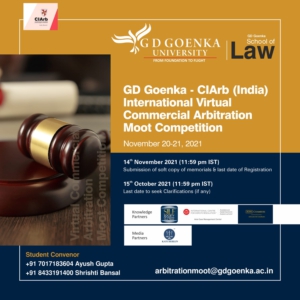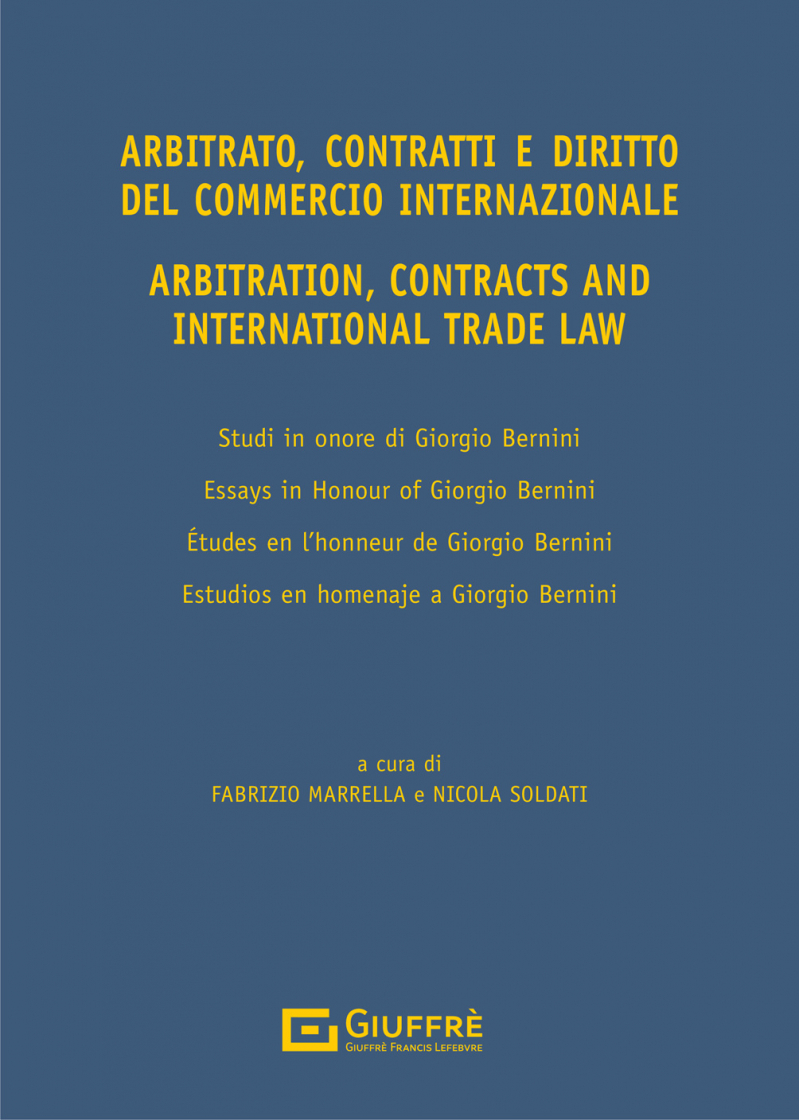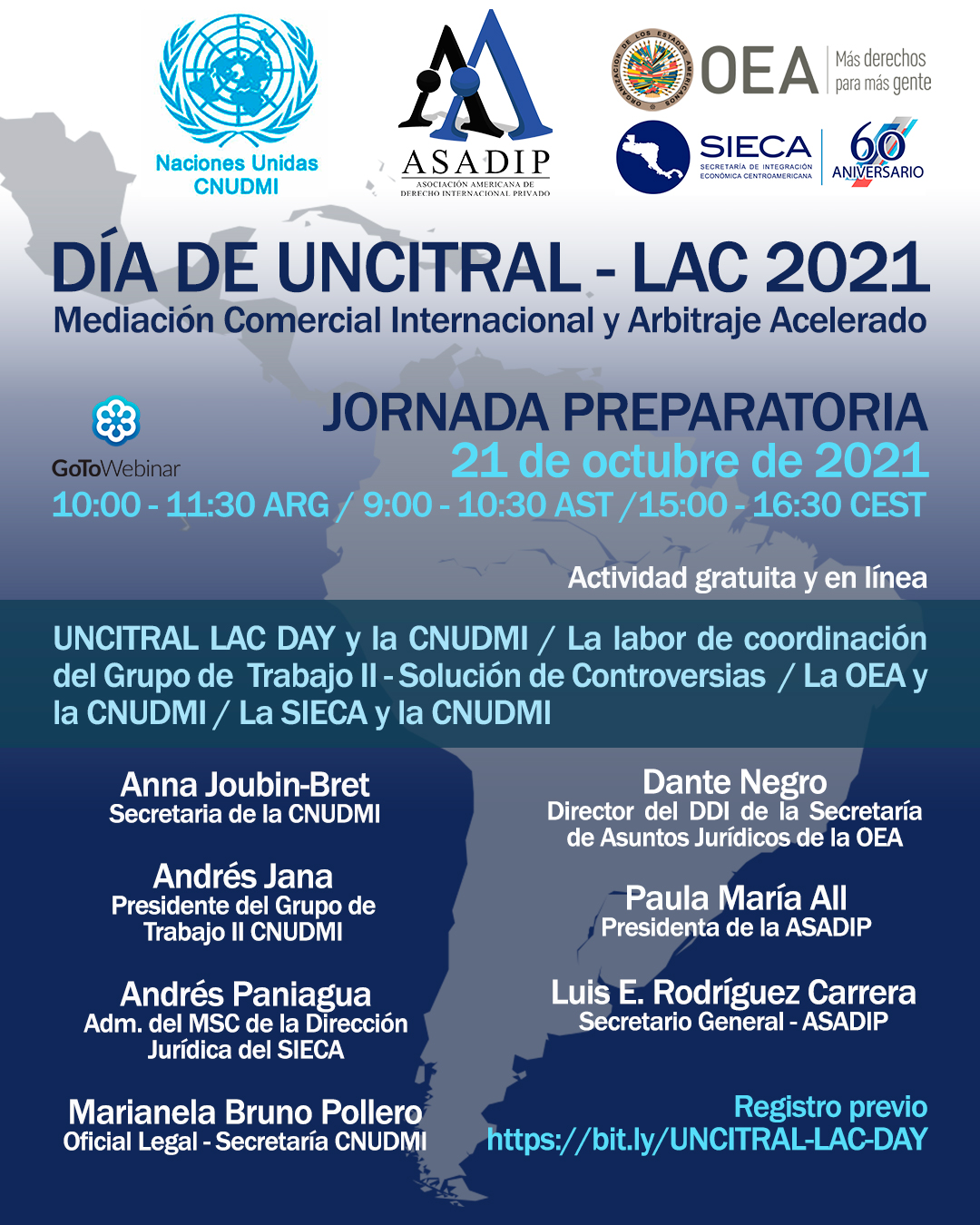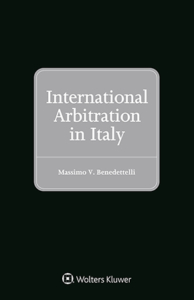The fourth issue of 2020 of the Dutch PIL journal Nederlands Internationaal Privaatrecht is dedicated to Arbitration and conflicts of laws.
Some of the papers are in English, others in Dutch.
Editorial
Peters & B. van Zelst (guest editors), Arbitration and conflicts of laws / p. 631-633
A.J. B?lohlávek, Determining the law governing obligations in arbitration and the applicability of the Rome I Regulation / p. 634-651
Factors specific to arbitration, and particularly the fact that the place of arbitration is often chosen as a neutral venue with no links to the domicile of the parties or to the subject of the dispute, also influence the procedures followed to determine the substantive law governing obligations. Even so, it is essential to employ a method for determining this law that is transparent, that excludes arbitrariness on the part of arbitrators, and that allows the parties to rely on a certain degree of predictability. Considering the growing importance of the seat of arbitration, which has seen the relevance of the theory of the anationality of arbitration decline in most cases, it is always necessary to assess the importance of the lex fori arbitri in determining the applicable substantive law. Unless the application of EU legislation, and hence also the Rome I Regulation, on the law applicable to obligations stems, as a matter of necessity, from the mandatory lex fori arbitri (which tends to be the exception), the application of the Rome I Regulation must always be kept to a minimum. There is therefore no reason why the Rome I Regulation cannot also be used in arbitral proceedings to determine the applicable law. Arguments such as the fact that this is a regulation applicable exclusively to civil litigation must be rejected.
Meški? & A. Gagula, Lex mercatoria and its limits in international arbitration / p. 652-668
This contribution aims to provide guidance on the usual steps an arbitrator undertakes when using lex mercatoria in international arbitration. The first step is the identification of rules that represent lex mercatoria and deserve such a qualification. It involves a discussion on the private international law analysis, especially absent a choice of law by the parties and its relationship to (potentially) applicable national law. The statistics presented in this paper show that parties in an overwhelming majority of cases choose national law as the applicable law and that lex mercatoria needs to co-exist with national law. Here, the joint use of national law and lex mercatoria is discussed in the context of the example of construction arbitration as the most common area of international arbitration practice. The growing popularity of certain legal solutions of lex mercatoria in procedural or substantive matters followed by a codification trend contribute to an effect of a rebuttable presumption in the fields of its application. This triggers the question as to how the right to be heard can be preserved, especially when the initiative for the use of lex mercatoria does not come from the parties, but from the arbitral panel. The lack of a strict judicial review of the applicable law used in arbitration gives the arbitrators the power to find the right balance between the guidance offered by lex mercatoria and parties’ expectations.
Shehata, Overriding mandatory rules and international commercial arbitration: the Swiss and French perspectives / p. 669-686
The treatment of overriding mandatory rules has always been the subject of multiple studies, especially in the field of international commercial arbitration. The fact that most arbitration jurists agree that arbitration does not have a lex fori is an essential reason for making this discussion a captivating one. Further, if we couple this lack of a lex fori in commercial arbitration with the arbitrators’ duty to render enforceable awards, then we face an extremely intriguing dilemma in this regard.
Instead of reviewing how arbitral tribunals deal with this conundrum, I try to explore this issue through the lens of selected national reviewing courts (i.e., Swiss and French Courts). In my opinion, the review by the national courts represents the end game and should prove critical in guiding future arbitral tribunals in how they should treat overriding mandatory rules at the earlier stage of issuing their arbitral awards.
Ernste, Het toepasselijke bewijsrecht in arbitrage / p. 687-698
This article focuses on the applicable law of evidence, including the law that is applicable to the allocation of the burden of proof in the case of (international) arbitration with the seat of arbitration being in the Netherlands. In international arbitration, the applicable arbitration law, including the applicable law of evidence, shall be determined by the lex arbitri. The Dutch Arbitration Act is applicable if the seat of arbitration is in the Netherlands. An arbitral tribunal has to decide with respect to the allocation of the burden of proof whether it applies the law of the arbitral seat (based on the theory that the burden of proof is procedural) or the law governing the underlying substantive issues (based on the theory that the burden of proof is substantive). According to Dutch Arbitration law, the allocation of the burden of proof is procedural. As a result, an arbitral tribunal is not bound by rules regarding the allocation of the burden of proof laid down in the law governing the underlying substantive issues.
Zilinsky, Toepasselijk recht op de bindende kracht en de rechtsgevolgen van arbitrale uitspraken / p. 699-714
This contribution focuses on the res judicata of arbitral awards. What is actually the purpose of the res judicata of an arbitral award? Should an arbitrator or a court verify ex officio whether an arbitral award had become res judicata or should this be invoked by the parties? As the parties are free to determine the manner in which and by whom dispute resolution takes place, the question arises as to which applicable law should determine the issue of an arbitral award becoming res judicata. Although the existing instruments, such as the 1958 New York Convention, deal with the recognition and enforcement of arbitral awards, these instruments leave this question unanswered. These instruments are based on the principle that the Contracting States recognize the arbitral awards and that a recognized arbitral decision is binding. This contribution discusses the different approaches to determining the res judicata effect of an arbitral award.
Peters, Enkele gedachten over de toepasselijkheid van het beginsel van ius curia novit in gerechtelijke procedures in verband met arbitrage en de gevolgen daarvan voor arbitrage / p. 715-730
It is often assumed that arbitrators are not obliged to apply conflict of laws rules or to add to the legal grounds ex officio, but this is not necessarily true. In this publication the author sets out that arbitrators, under specific circumstances, should have regard to the rules that the national courts should apply in annulment proceedings and should not consider themselves to be bound by the parties’ submissions. In this respect, the arbitrators should have an understanding of the scope of annulment proceedings and the application of the principle of ius curia novit in these proceedings, which are also discussed in this publication.
Van Zelst, Het recht van toepassing op de aansprakelijkheid van arbiters / p. 731-747
This article investigates and challenges existing notions of private international law aspects of the liability of arbitrators. The starting point of the inquiry is a succinct comparative analysis of how the role of the arbitrator is viewed and which standards apply to arbitrator liability in various jurisdictions. The article proceeds with an analysis of the applicability of the Rome I Convention, finding that Rome I applies to the contractual liability of an arbitrator. Subsequently, the article assesses how Rome I’s substantive provisions – Article 4 more specifically – should be applied. It concludes that the law of the habitual residence (of each) of the arbitrator(s) applies to contractual claims vis-a-vis the arbitrator(s).
In addition the issue contains a case note
X.P.A. van Heesch, Samenloopperikelen bij het aannemen van bevoegdheid o.g.v. Verordening Brussel I-bis. Hoge Raad 17 juli 2020, ECLI:NL:HR:2020:1280, NIPR 2020, 487 (V Marine Fuels/Dexhon c.s.) / p. 748-759
This article discusses the judgment of the Dutch Supreme Court dated 17 July 2020, ECLI:NL:HR:2020:1280. In this case, the Dutch Supreme Court answered the question of whether the Dutch Court had jurisdiction based on Article 5 of the Arrest Convention when the Court of Casablanca had arrested the ship in question. Even though Article 5 of the Arrest Convention does not grant explicit exclusive jurisdiction to the court of the forum arresti, exclusive jurisdiction can be assumed based on the interpretation of the Arrest Convention. The author then explains the relation between the Brussels I-bis Regulation and Conventions which, in relation to particular matters, govern jurisdiction or the recognition or enforcement of judgments (specialized Conventions). The general rule regarding this relation is laid down in Article 71 Brussels I-bis Regulation and entails that the Brussels I-bis Regulation does not affect any specialized Conventions to which the Member States are parties. The Court of Justice of the European Union has provided two restrictions to this rule. These two restrictions entail that Article 71 Brussel I-bis Regulation (i) only applies to aspects that the specialized Convention governs and not to aspects that the specialized Convention does not govern and (ii) can only apply if the specialized Convention does not compromise the principles which underline judicial cooperation in the European Union (such as the free movement of judgments, predictability as to the courts having jurisdiction and legal certainty for litigants). In the legal literature, ideas differ on how to interpret this last restriction, which is set out by the author as well. Finally, the author construes whether the Dutch Supreme Court should have applied the two restrictions on Article 71 Brussels I-bis Regulation before it ruled that the Dutch Court did not have jurisdiction in this case.



